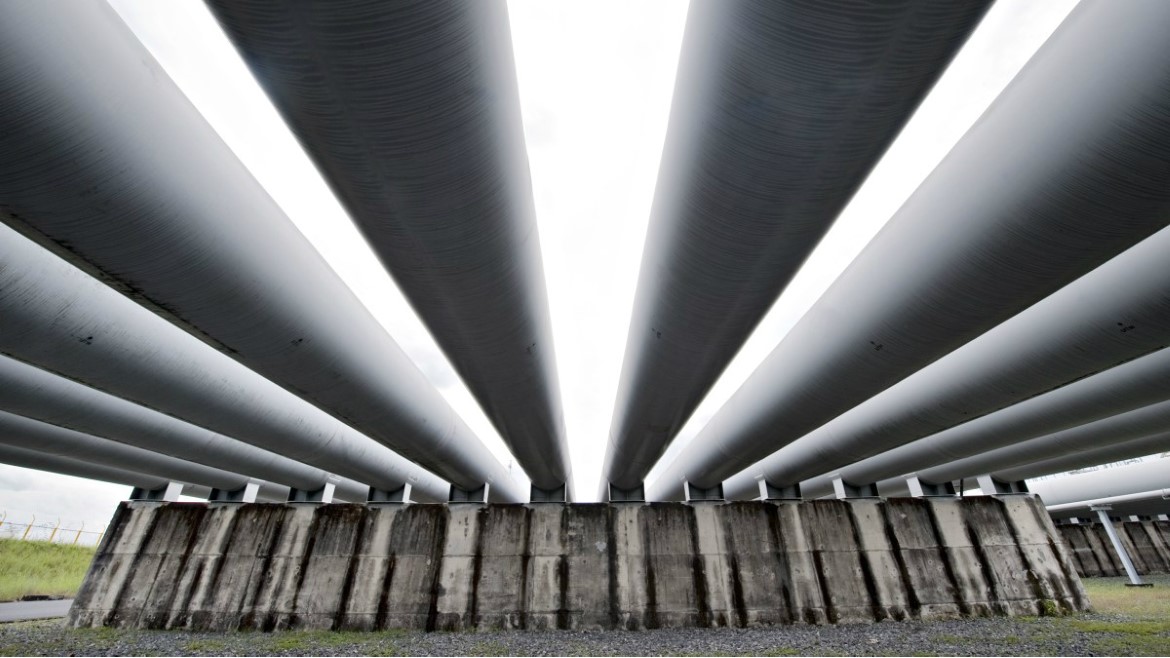
How Norway aided Oil Countries in 2014
Local corruption hunters, new regulations and better working environments. These are among the results according to the Annual Report 2014 for the Oil for Development Programme (OfD).
– We regard the results as good, but are always striving to improve the programme further, says Petter Stigset, leader of the OfD Secretariat in Norad.
The OfD Programme shares Norwegian experiences for partner countries to be able to manage oil and gas resources in a way that promotes national development and environmental considerations. In 2014, the Norwegian disbursements for to the Oil for Development Programme amounted to NOK 242 million.
The Annual Report 2014 shows the achievements of the Oil for Development Programme in 2014. Reports about results that did not go according to the plan are also included.
Concentrating the effort
The Norwegian Government has decided to reduce the number of aid-receiving countries, accordingly. The OfD country portfolio has been reduced to 11 in 2014 compared to 18 countries in 2013.
– We wish to share the width of the Norwegian experiences in all our partner countries. Working with fewer countries helps us to succeed in that, says Stigset.
He adds that OfD is working to scale up environmental efforts, tax administration, revenue management and support to civil society.
Good conclusions
After 25 years of cooperation, Nicaragua is among the seven partner programmes that were concluded in 2014 . This collaboration is an example on the results a long-term partnership can yield.
– There are no quick solutions for developing capacity in the administrative system, and short term, spectacular results are rare, says Stigset.
Important results from the collaboration has been new petroleum regulations, collection and analysis of petroleum data from 1960s and 1970s and routines for Health, Safety and the Environment (HS&E). With long-term support from Norway, Nicaragua has developed a competent petroleum administration.
Ghanese workplace environments
The oil industry of Ghana is today better suited for managing oil operations in a more ethical and sustainable manner. In 2014, the new government agency, The Petroleum Commission, became operational as the upstream regulator with a staff of 65. The new institution will regulate the petroleum industry. The Commission has largely been formed through a comprehensive Ofd training programme.
The training covered topics such as resource assessment, petroleum economics, fiscal metering, working environment and safety, drilling and reservoir management. The training programme is based on Norwegian experience, but adapted to local conditions.
Local corruption hunt in Tanzania
With help from OfDs civil society grants, Norwegian Church Aid has mobilized communities to fight corruption in Tanzania.
Small local PETS committees (Public Expenditure Tracking Systems) has been trained to read public documents and recognize when corruption arises. This has given the population an opportunity to know the management of public expenditures.
Conflicts makes development difficult
After the eruption of the civil war in South Sudan in December 2013, it has been difficult for OfD to achieve the objectives of the collaboration. At the end of 2013, the last of the OfD-advisors left the country. The security situation of today has prevented them from returning.
Nevertheless, the Oil for Development program organized training in Entebbe in Uganda and other places outside Southern Sudan. Some activities have also been conducted via video and telephone conferencing.
The agreements on the OfD collaboration with South Sudan expires this year, and a continuation of the partnership is under consideration.
